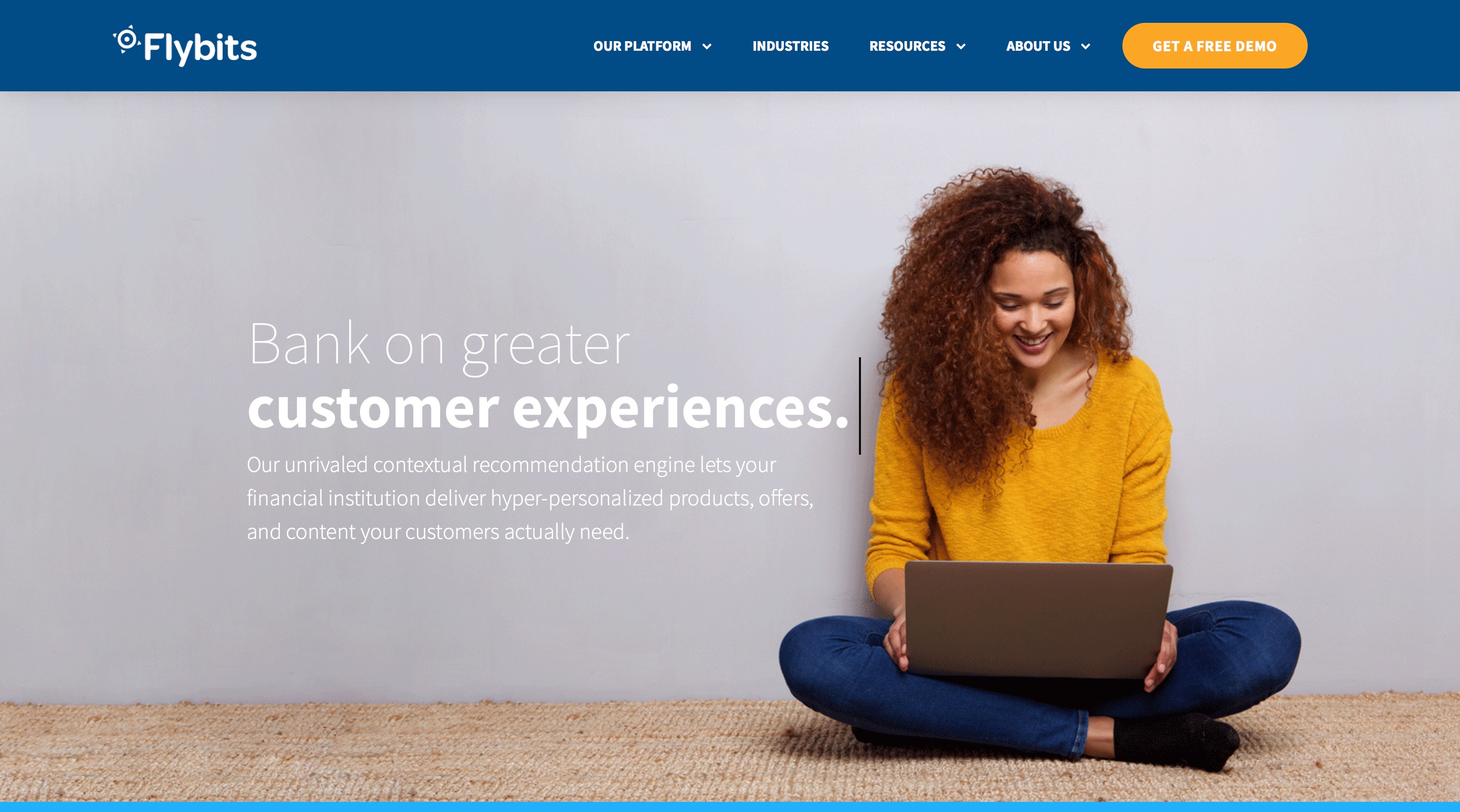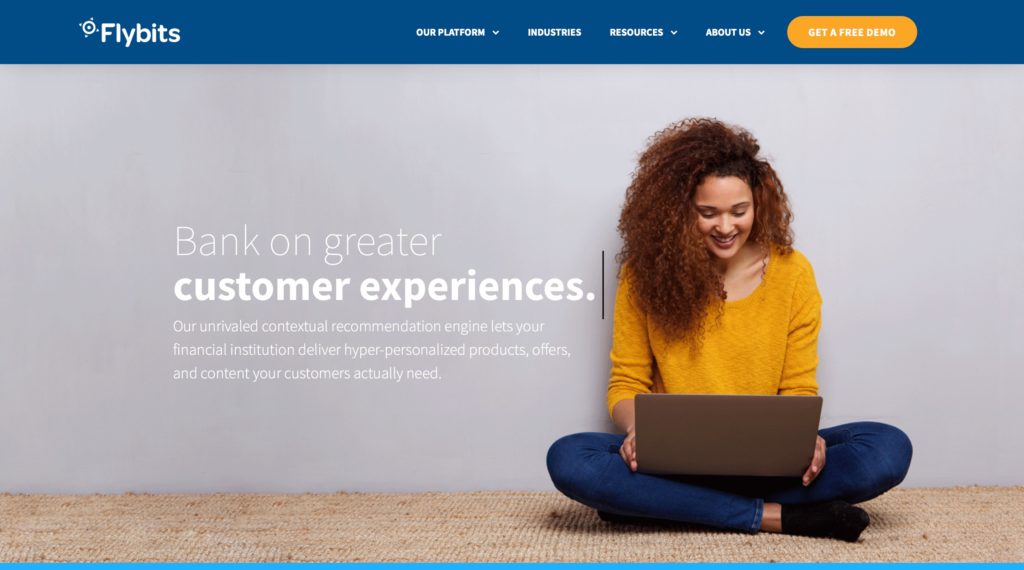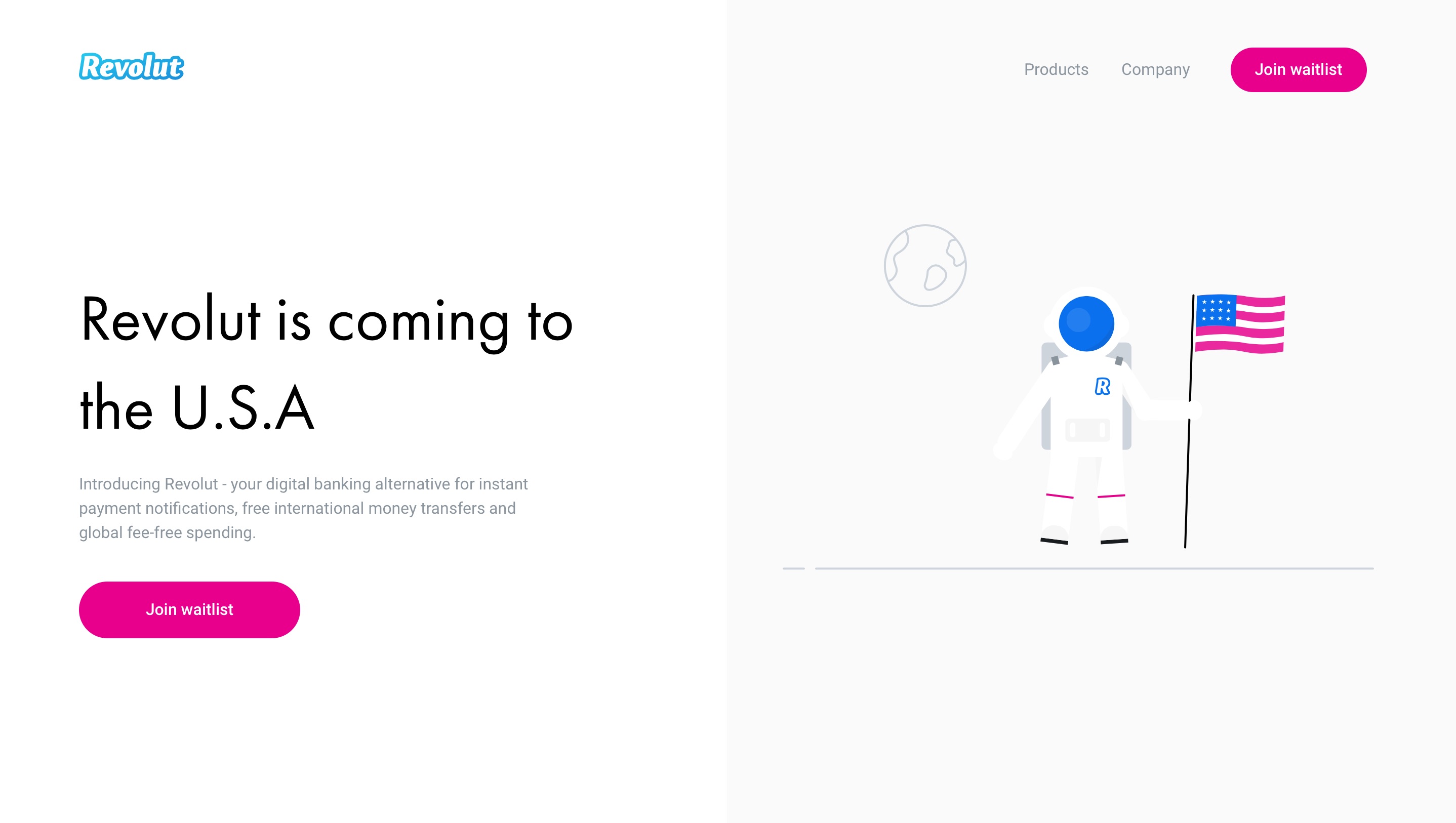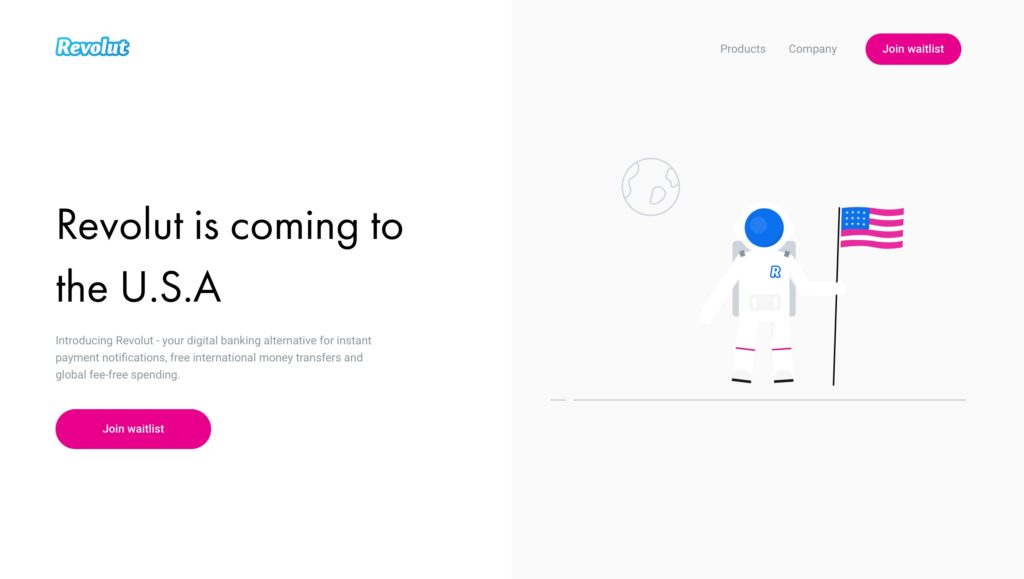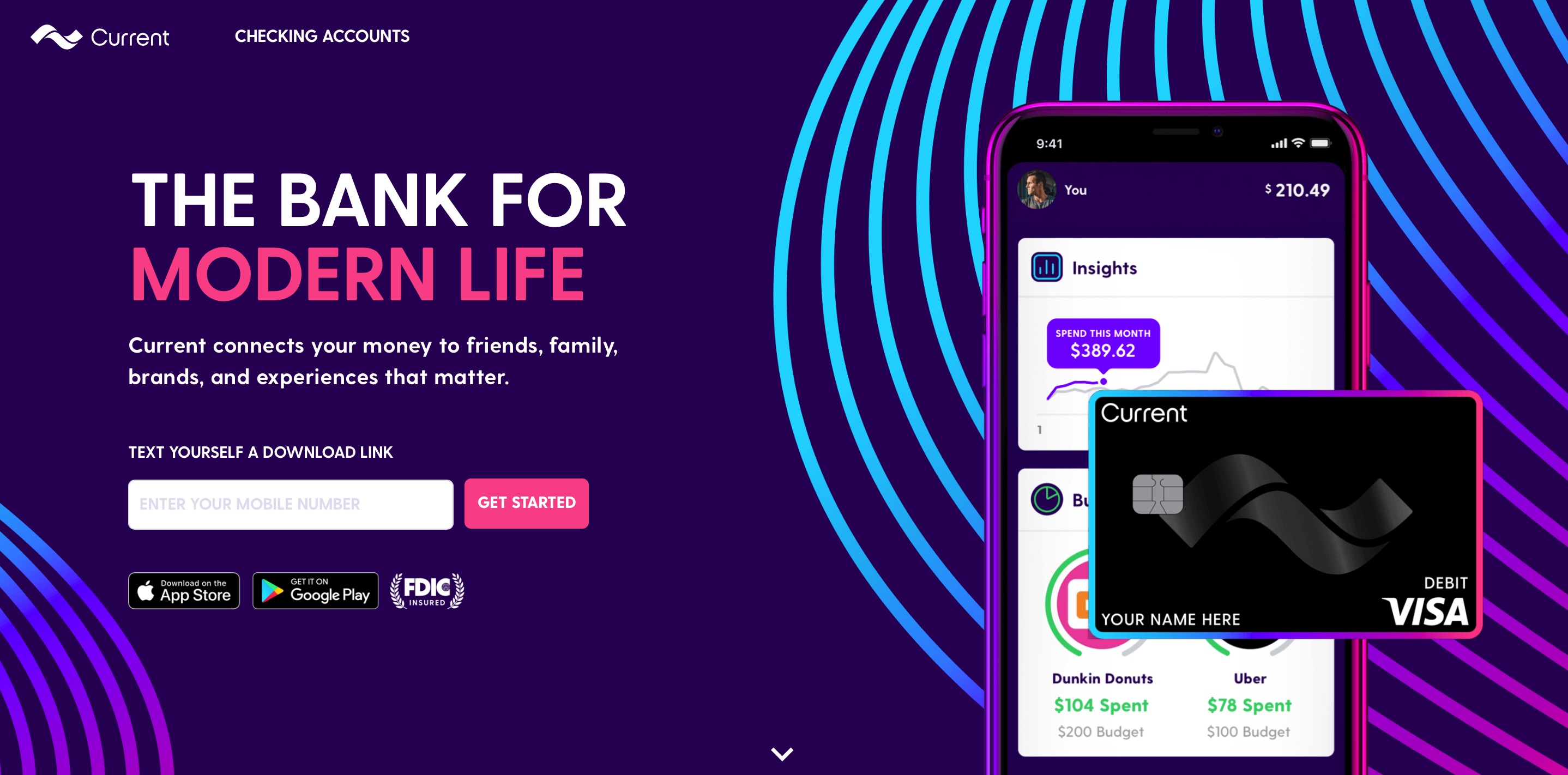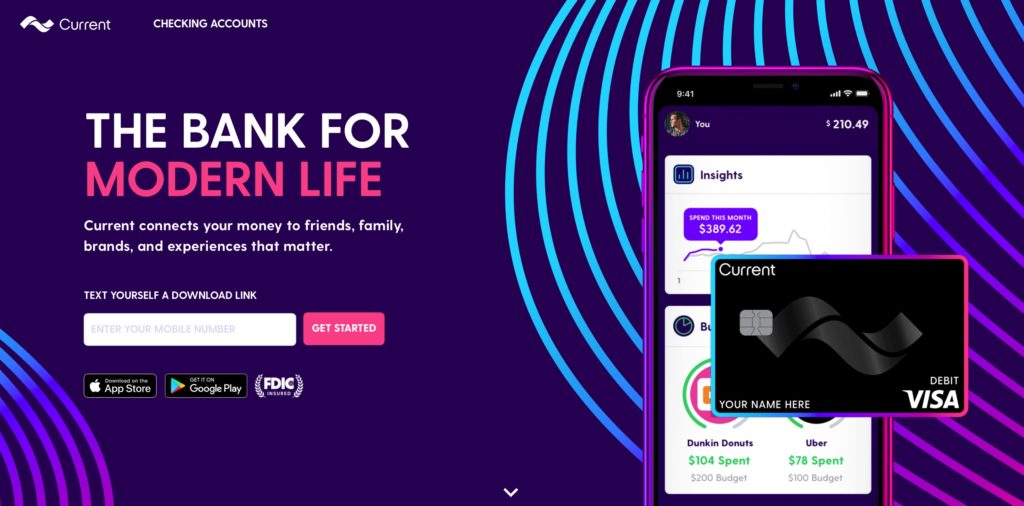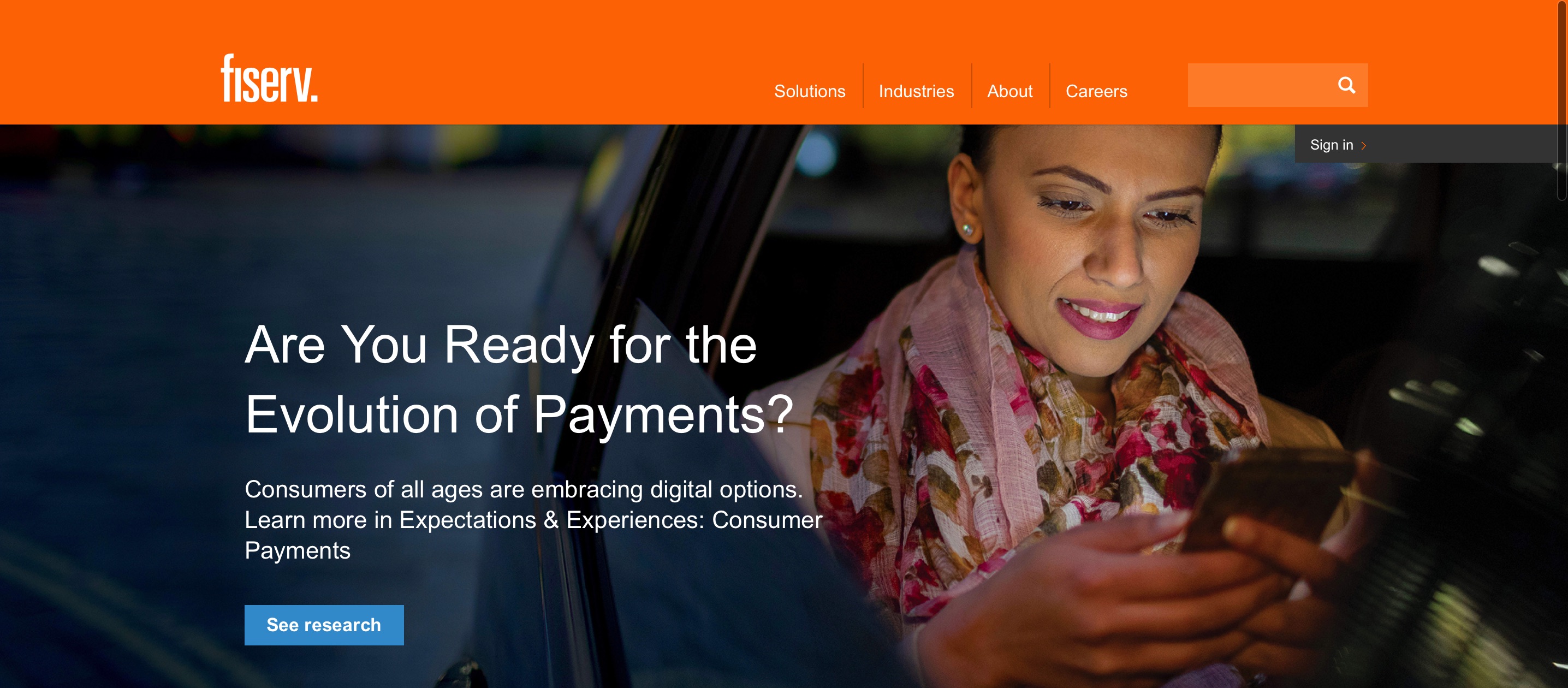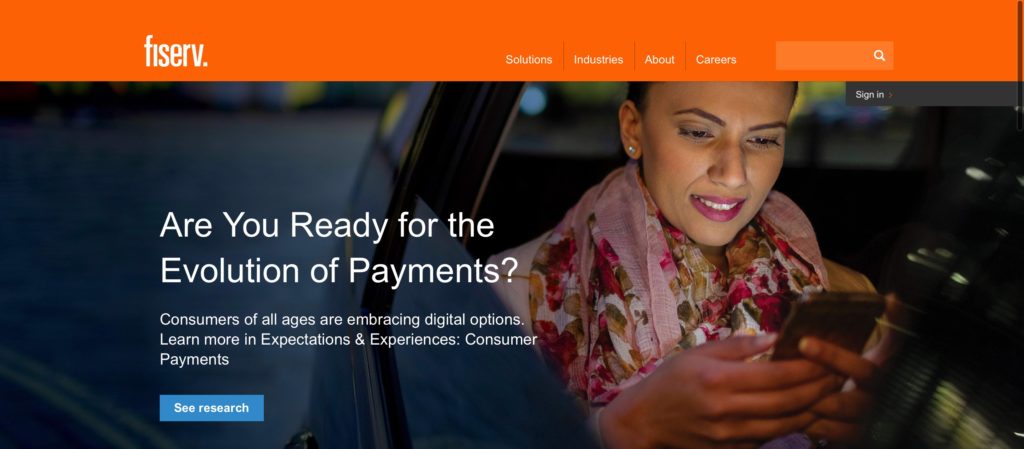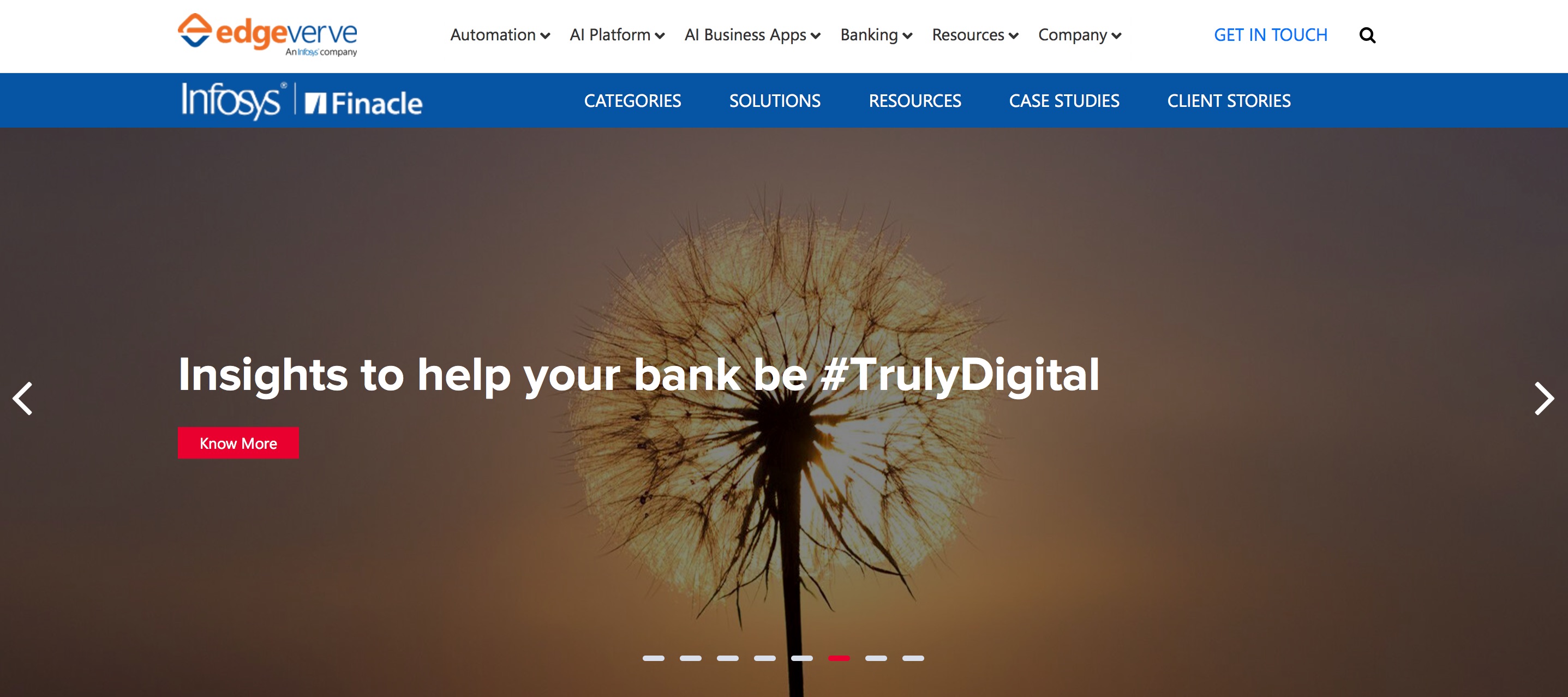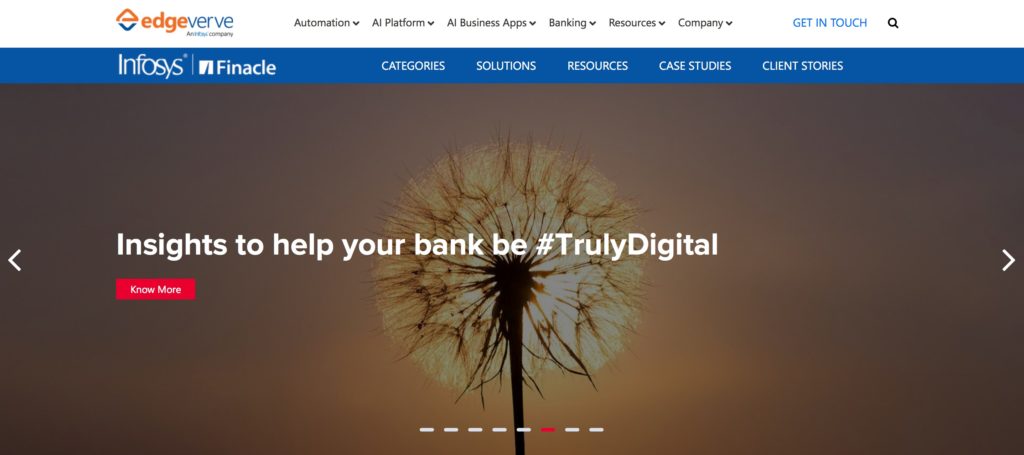
Non-agency automated underwriting systems (AUS) provider LoanScorecard announced its latest partnership this week. The company is teaming up with Nations Direct Mortgage (NDM) to power its loan pricing and scenario solution, DirectQual.
Calling broker education on non-qualified mortgage products a major challenge for wholesale lenders like Nations Direct Mortgage, LoanScorecard Executive Director Ben Wu highlighted why NDM’s new tool will be part of the solution. “DirectQual allows brokers who work with or are considering working with NDM to not only see products and pricing, but also determine borrower eligibility – so they can accelerate the Non-QM origination process and provide a better borrower experience,” Wu said.
Driven by LoanScorecard’s Portfolio Underwriter technology, DirectQual will enable brokers to import loan scenarios and assess eligibility for Nations Direct Mortgage’s Non-QM loan programs. The solution both simplifies the process and makes it easier for brokers to match the right program with the right borrower.
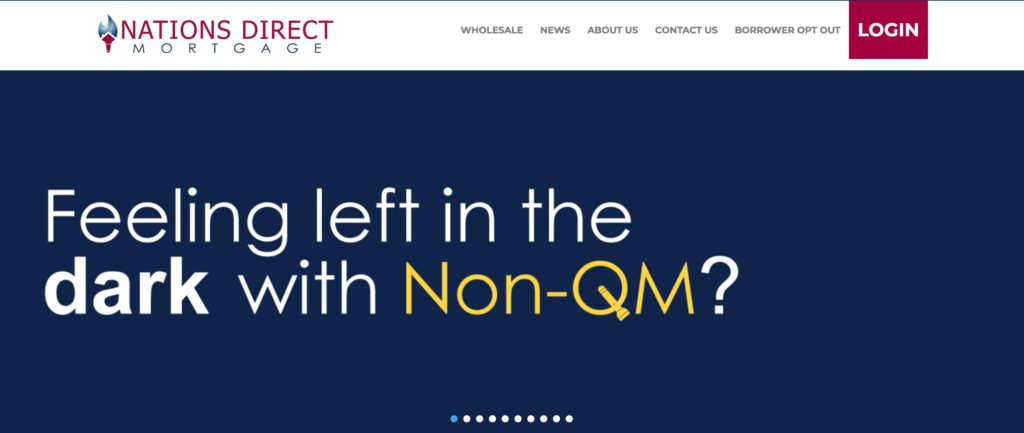
Director of Lending for NDM Martin Warren called the technology “a tremendous tool for our brokers to simplify the pre-qual process and get results for their Non-QM borrowers – consistently and quickly.” He listed broader engagement with more brokers, better broker education on Non-QM products, and the ability to deliver quick pre-qualifications among the bigger benefits of the platform.
A wholesale mortgage lender founded in 2007, Nations Direct Mortgage originates and purchases residential mortgage loans, including FHA, Conventional, VA, USDA, and Jumbo products. The Santa Ana, California-based company also offers three Non-QM loan products: Income Direct, Credit Direct, and Investor Direct.
LoanScorecard demonstrated its Portfolio Underwriter technology at FinovateFall 2018. Portfolio Underwriter is an agency-agnostic, underwriting engine that gives capital market investors, banks, and credit unions the ability to quickly analyze loan information based on their own unique offerings and specifications. The solution makes it easier to deploy capital most effectively, is more efficient and consistent than manual underwriting, and helps ensure that mortgage operations comply with fair lending regulations.
Founded in 2012 and headquartered in Irvine, California, the company has been on a strong partner-making pace of late. Last month, LoanScorecard announced it would power the new automated underwriting system Acorn from Sprouts Mortgage. In May, the company integrated Calyx Software’s Path LOS into its SimpleCECL solution to make it easier for FIs to conduct loan level current expected credit loss (CECL) analysis.


